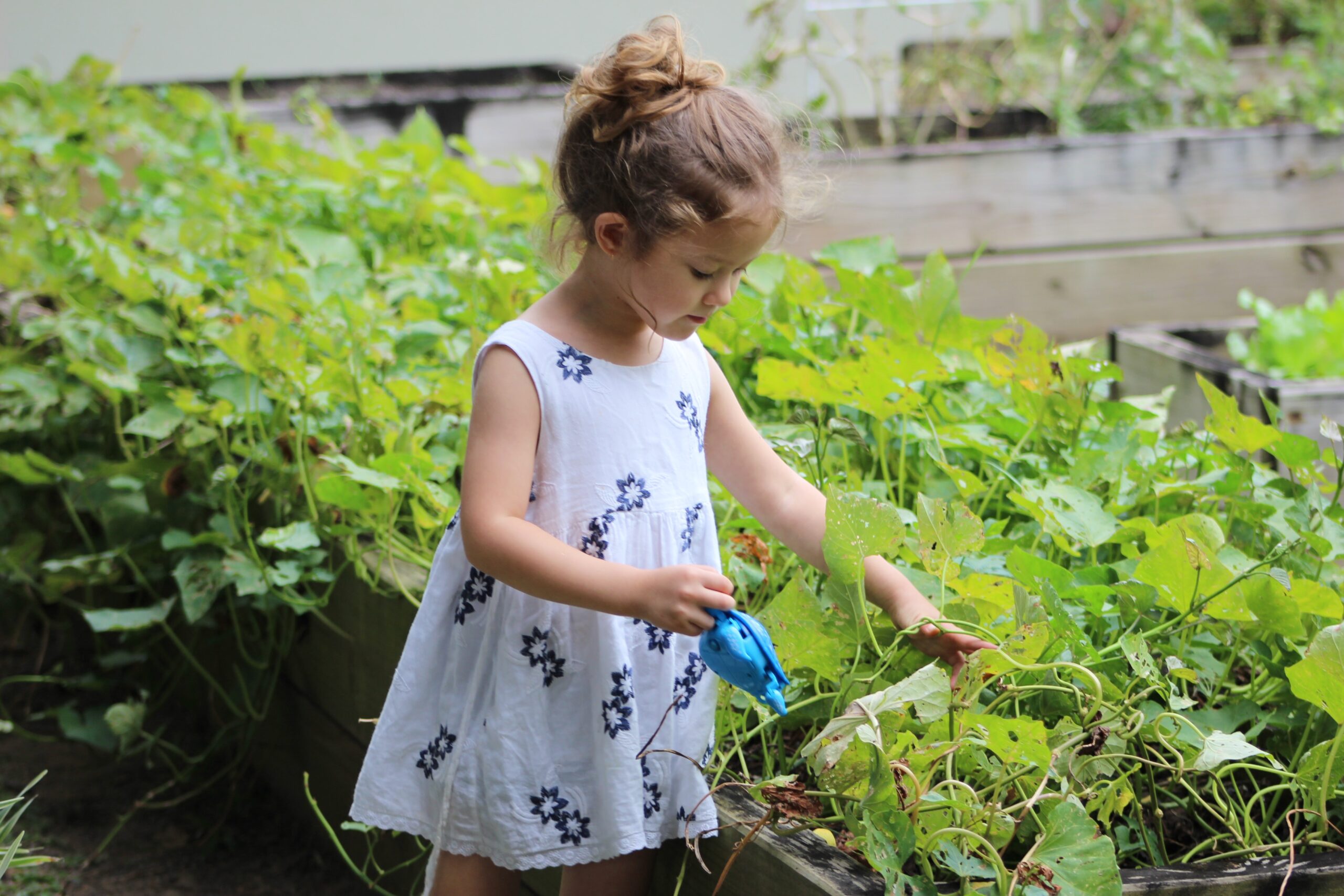
Have you ever spoken with your family about organ donation? Every year, thousands of lives are improved and saved thanks to those who donate organs to patients on the transplant list. While the topic may evoke strong emotions, it’s important to have open and honest conversations. Whether that be telling your loved ones about your own decision or educating the next generation about the choices they make.
This week (September 18th to 24th 2023) marks Organ Donation Week – a week-long campaign that takes place every year, with the aim of raising awareness about the importance of organ donation as well as inspire people to confirm their support for donation on the NHS Organ Donor Register.
As of September 2023, there are over 7100 people on the organ donation list in the UK, including hundreds of children. It is just as important as ever to ensure your family know about your donation decision.
In line with the week, Legal & General have partnered with the NHS to encourage conversations between families.
It’s hard to know where to begin a conversation like this with our children – the thought of talking about death can feel emotional and difficult to articulate. But having conversations that are collaborative, supportive, and understanding of everyone’s point of view will go a long way in opening up communication.
Legal & General partnered with Clinical Psychologist Dr Angharad Rudkin, to explore useful tips for having difficult conversations like this with your children:
– Age – how long a child can focus on a conversation changes with age. The basic rule of thumb is one minute per year of their life. This may seem very short but knowing this helps a parent focus the conversation and optimises their child’s chance of taking it all in. Age also affects how a child understands concepts of time and the finality of some things. With younger children especially, ask them what their understanding is before you begin so that you can tailor the way you give information.
– Technology – Children often look online to find out more or to verify information they’ve been told. While encouraging your child to come to you to chat, you can also direct them to trusted online sources.
– Language – the younger the child the simpler the language. Don’t assume your child knows what things mean. Instead ask them if they understand what an “organ” is, and what the word “donation” means.
– Use examples – children can struggle to understand abstract notions until they are quite a bit older, so use examples from your child’s life (either a personal experience or something from a book, TV, or a game) to illustrate what you are talking about.
– Honesty – Respond to questions openly and honestly and don’t be worried if you can’t answer a question. Let your child know you will find out and come back to them or let them know that you haven’t quite figured out the answer to that yet either. They will appreciate your honesty and will respond similarly.
– Timing – Choose a moment when children aren’t too tired and hungry and when you’re not taking them away from something they enjoy – whether it’s reading, gaming or playing outside. This means they are more amenable to listening.
– Sensitivity – Keep checking in with how they’re feeling. If a child is feeling very anxious, arrange with them a time when you will return to the topic, so that they know there is another opportunity to talk.
– Busy Families – Families are busier than ever, and it can be hard to find the time to talk about big, important topics such as organ donation. But it is a conversation worth having, not least because children learn as much from watching as they do from listening. Hearing you talk about it calmly and openly will teach them how to respond to this topic, opening up the gates to plenty more conversations about it in the future.
– New knowledge – Children of all ages are fascinated by novelty and surprise. Talking about organ donation may spark questions. Encourage all questions to help a child build up a better understanding of a complex topic.
– After the conversation – After the conversation move on to an activity together. This will ease the transition back to everyday life and reassure the child that life will now go on as usual.
Dr Rudkin also highlighted the importance of considering your child’s sensitivities and cut-off points. To have an effective conversation and avoid any negative responses. She says:
“Just because you (as a parent) want to talk about something, it doesn’t necessarily mean your child wants to. Children love to talk about things related to their world and passions that interest them. Talking about adult topics can sometimes feel to children like a lecture.
“Different children have different sensitivities and cut-off points. Some may be able to sit and absorb complex information for a long time. While others may need to take it in bit by bit. Use your knowledge of your child to plan your conversation. If you have children of different ages, try having the first conversation separately so that you can tailor it to their developmental stage and needs. Then you can have a family chat where you can all share and learn about one another’s perspective.”
It is important to encourage conversations around organ donation at home, to make sure family members are aware of each other’s wishes and decisions are registered with the NHS.
You can find out more here: https://www.legalandgeneral.com/insurance/life-insurance/talking-to-children-about-organ-donation/



